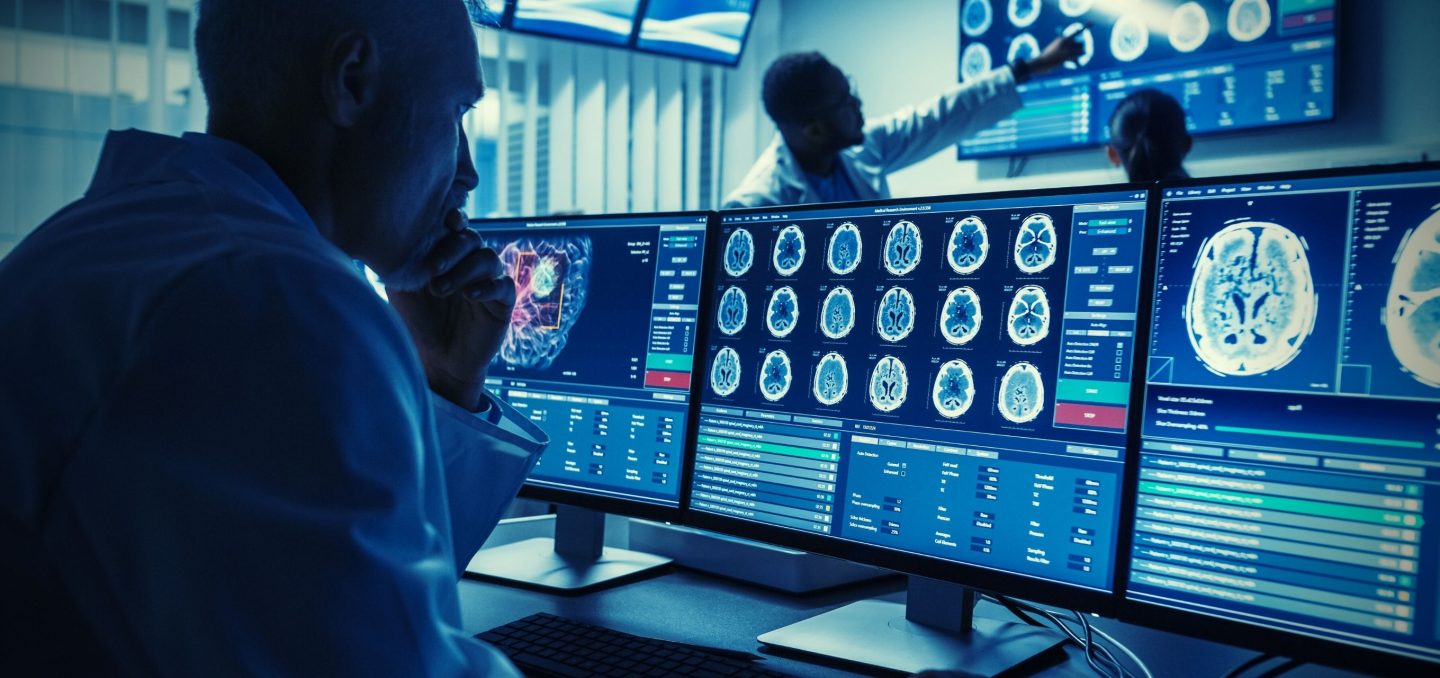In a recent peer-reviewed study published in the Alzheimer’s Research & Therapy journal, Linus Health, a digital health company focused on detecting early signs of Alzheimer’s and other dementias, demonstrated that their proprietary cognitive assessment, the Digital Clock and Recall (DCR™), outperforms commonly used paper-based tests in detecting early cognitive impairment and dementia. This groundbreaking research highlights the superior sensitivity, accuracy, and reduced ethnic and racial bias of Linus Health’s digital assessment, offering new hope for early intervention and improved care for individuals at risk of cognitive decline.
Superiority of the DCR Assessment
The study, titled “Digital Clock and Recall is Superior to the Mini-Mental State Examination (MMSE) for the detection of mild cognitive impairment and mild dementia,” adds to the growing body of evidence supporting the effectiveness of Linus Health’s DCR assessment. Over 20 other studies published in peer-reviewed scientific journals have also validated the DCR assessment within the Core Cognitive Evaluation (CCE™) solution. This latest research confirms that the DCR assessment surpasses the widely-used Mini-Mental State Examination (MMSE) in detecting early signs of cognitive impairment with greater accuracy and less biased outcomes.
Advantages and Applications of the DCR
The DCR assessment, a quick and accurate test, allows medical professionals to assess a patient’s cognitive functioning across various domains. It provides essential data that is used by Linus Health’s machine-learning algorithm to determine a patient’s level of cognitive functioning and predict their future risk of developing dementia. By facilitating early screenings with immediate results, the DCR assessment enables proactive interventions and personalized care for patients.
Addressing the Need for Early Detection
According to the Alzheimer’s Association, more than 80% of Americans are unfamiliar with mild cognitive impairment, which can be an early stage of Alzheimer’s disease. The symptoms of cognitive impairment are often not noticeable, leading to delayed screenings and an increased risk to patients’ brain health. The DCR assessment aims to bridge this gap by offering a quick, accessible, and comprehensive tool that helps healthcare providers identify cognitive impairment at its early stages, providing opportunities for timely interventions and improved patient outcomes.
Study Design and Results
The study involved a clinical research team from Linus Health who compared the cognitive classifications of the DCR assessment with the MMSE test, which is commonly performed using pen and paper. The research included a population of 706 participants, with an average age of 71 years, including 59% women and 85% white individuals. Participants underwent various neuropsychological tests and were evaluated by clinicians. Results showed that the DCR assessment had superior sensitivity and accuracy compared to the MMSE in detecting and classifying cognitive impairment. The DCR assessment successfully detected cognitive impairment in over 80% of the patients who were misclassified by the MMSE, providing valuable insights into the potential of digital assessments for more accurate and equitable healthcare.
Unlike the MMSE, the DCR assessment is not influenced by ethnicity, thereby addressing the issue of health disparities among ethnic minorities at higher risk of dementia. Additionally, the DCR assessment can be administered in multiple languages, ensuring increased accessibility for a diverse patient population. By analyzing over 500 metrics captured during the three-minute test, the DCR assessment can detect subtle signals related to various cognitive domains.
Linus Health’s Digital Clock and Recall (DCR) assessment has emerged as a superior alternative to traditional paper-based tests for early detection of cognitive impairment and dementia. With its enhanced sensitivity, accuracy, and reduced ethnic bias, the DCR assessment offers the potential to revolutionize the screening and management of cognitive health. By facilitating early intervention and personalized care, this digital assessment opens doors to a future where individuals can receive timely and proactive support to maintain optimal brain health.



